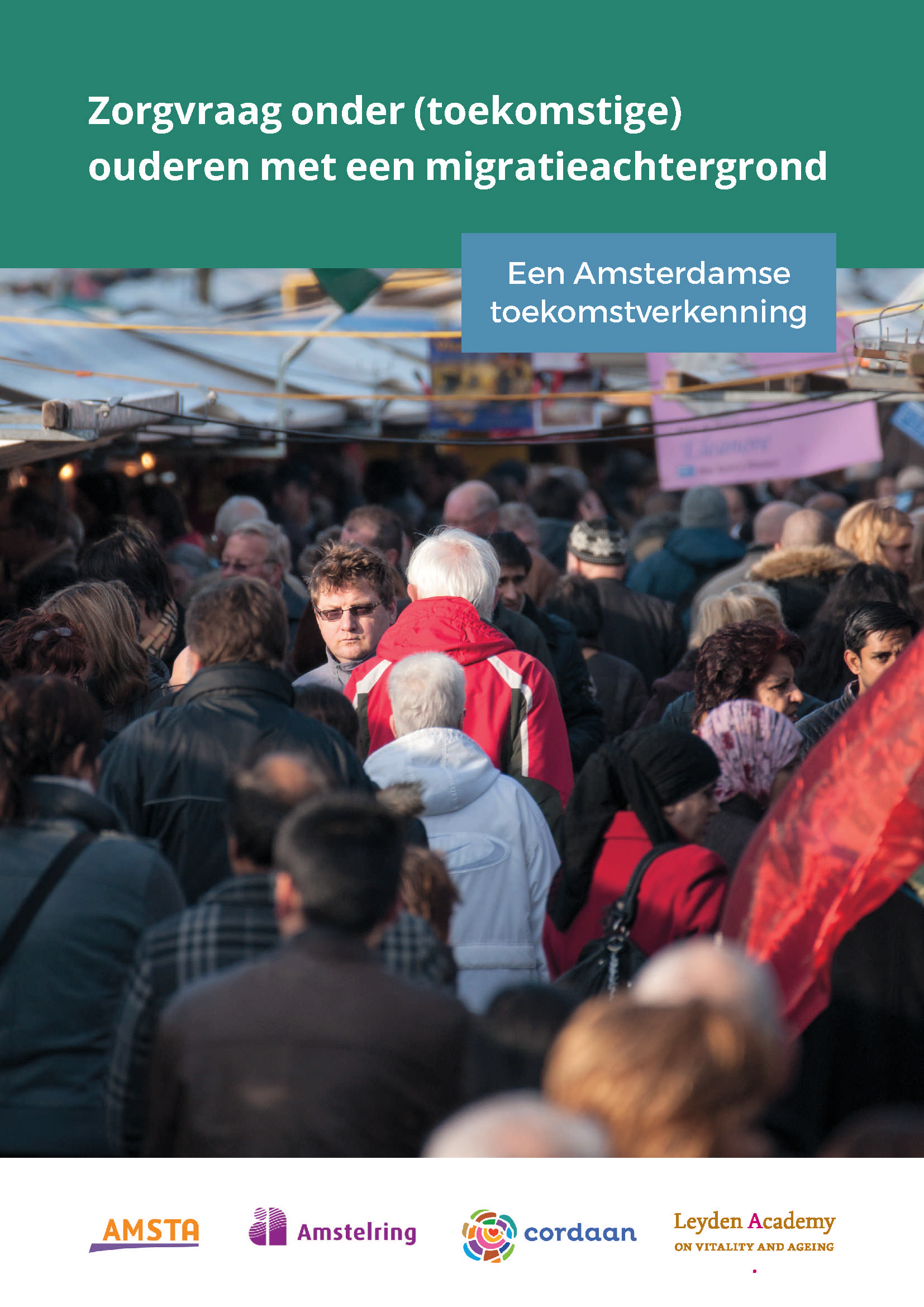15th April 2022
This demographic development brings important questions: How great will the demand for care be in the near future? And how can we meet the diverse care wishes and needs of older people with a migration background?
Large diversity
At the moment there are many (culture) specific facilities aimed at different target groups; think, for example, of small-scale living for seniors with a Surinamese background or daytime activities for seniors with Turkish or Moroccan descent. There are good reasons (such as language and religion) that make culture-specific care desirable. However, research and mirror discussions show that all kinds of bottlenecks are experienced in meeting expectations, needs and wishes in this culture-specific care. Moreover, the wishes and needs of older people with a migrant background are just as different as those of older people born in the Netherlands. There is also great diversity within equal migrant groups, in which other characteristics (such as education and income) can play a more decisive role.
Quantitative and qualitative research
We investigated the (future) demand for care with the help of register data from Statistics Netherlands. This shows that the demand for long-term care among older people with a migration background will increase in the future. The strongest increase is expected in the demand for long-term care that falls within a mix of personal budget, full package at home and modular package at home.
We also talked to 66 people with a migration background about their ideas about care, now and in the future. They indicate that they consider it important that the quality of care is good, for example when it comes to care-technical actions, cleaning and hygiene and the supply of (diverse) food. They find it essential that care is person-oriented and relational. Language must be taken into account and there must be room for religion. In the future, they want to live independently at home as long as possible. If that is no longer possible, the wishes are diverse: ranging from (paid) informal care to home care to a stay in a nursing home.
Intervention and knowledge dissemination
After this first phase (research), we will develop a concept intervention (phase 2) and test it in five locations of the participating healthcare organizations (phase 3). Finally, in phase 4, we will permanently place the information and skills obtained in care and support, and make them accessible to everyone. We hope that this will improve care provision in situations in which cultural differences play a role, and that the quality of care and satisfaction will increase.
Would you like to know more about this research project? Please contact Nina Conkova at conkova@leydenacademy.nl.



